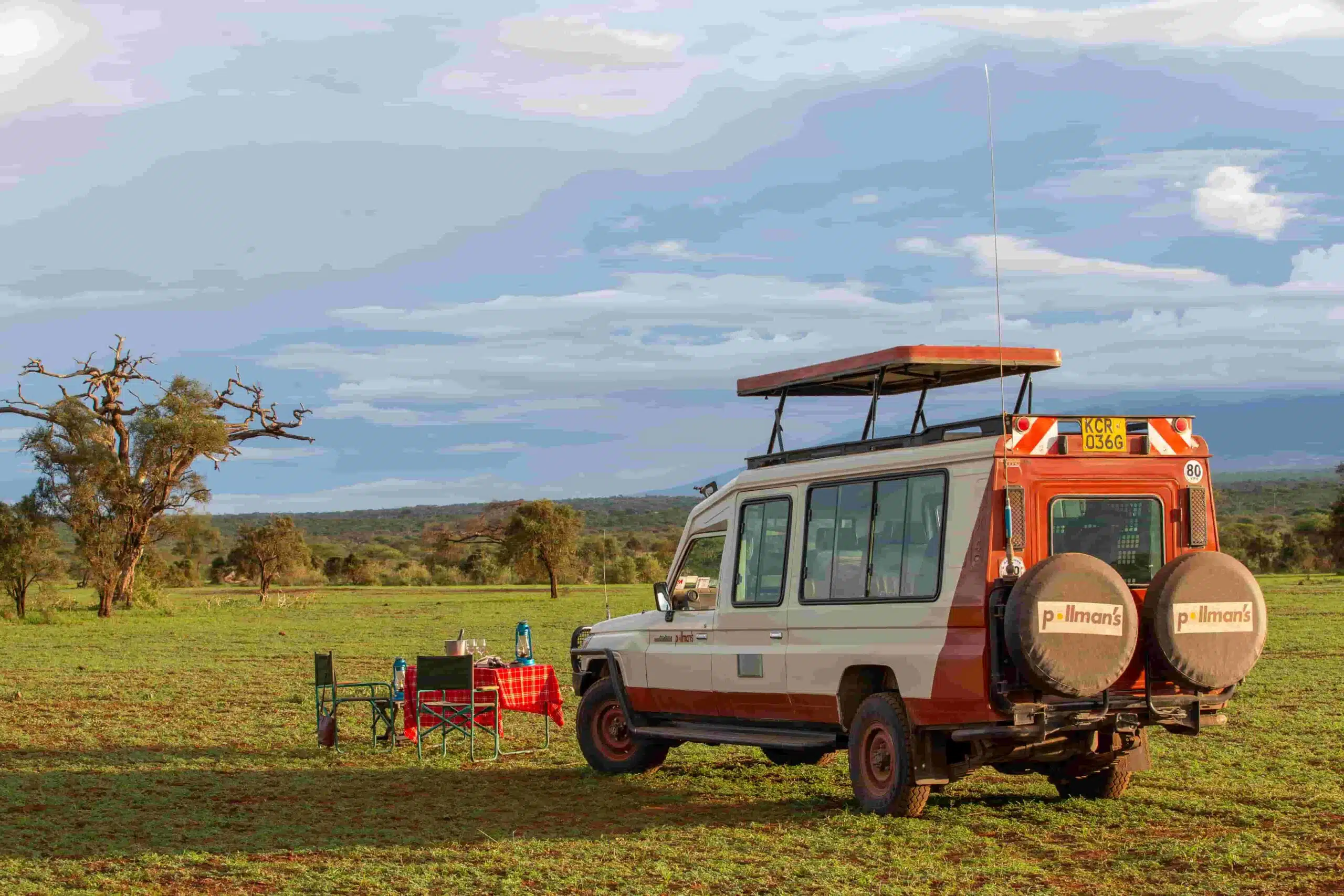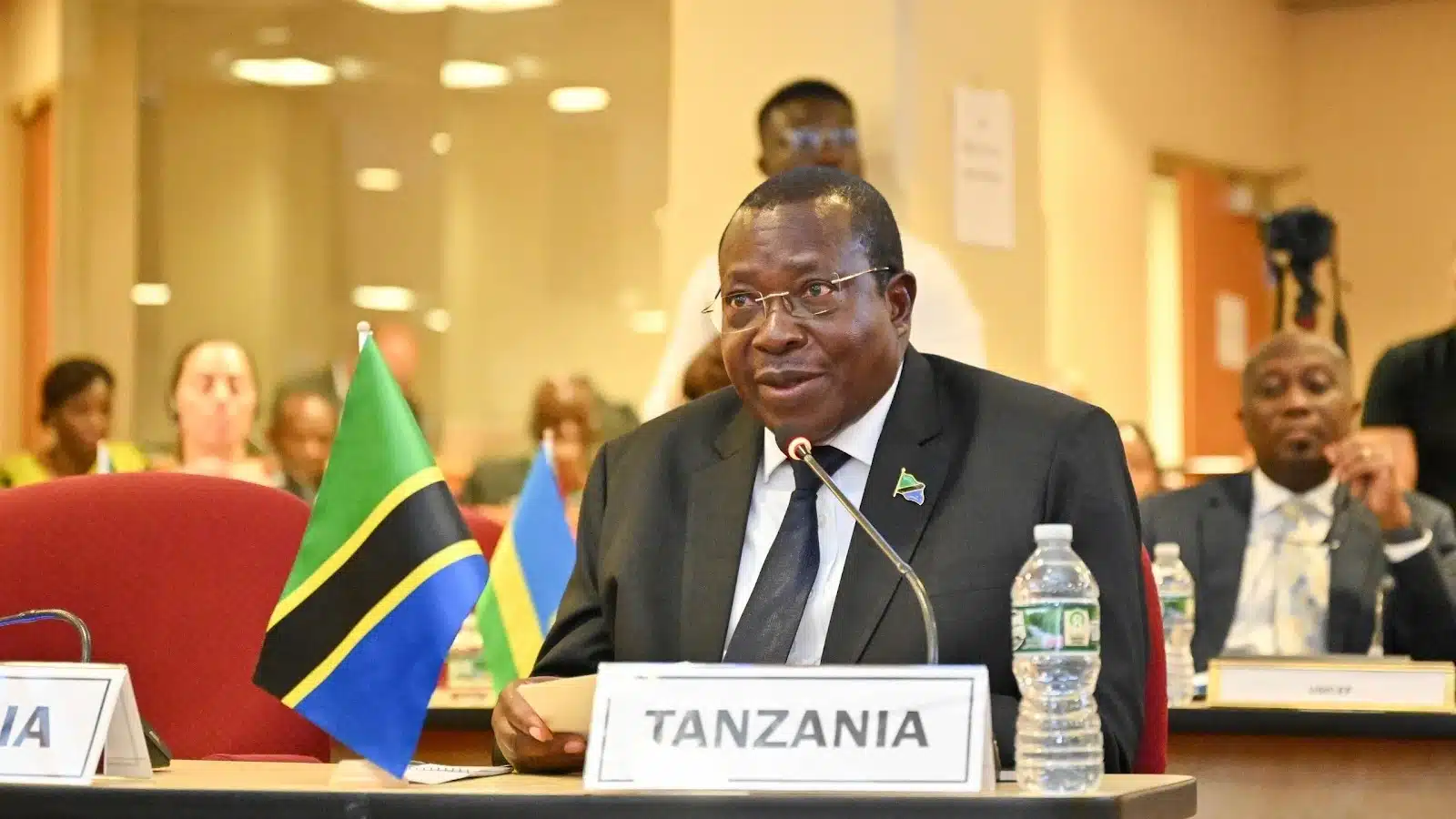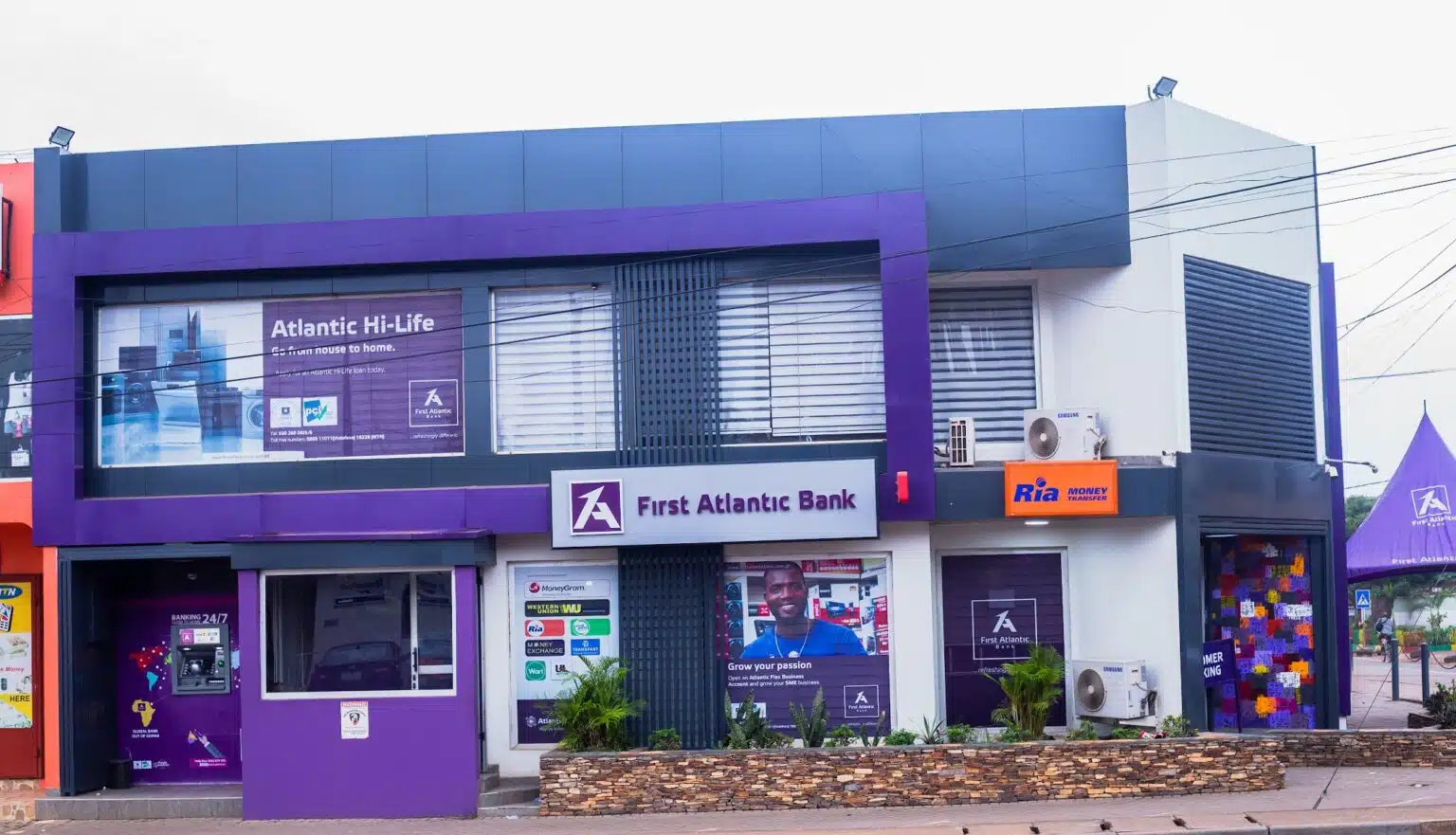Alterra Capital Partners, a private equity player backed by billionaire Aliko Dangote and Rubenstein, has acquired a 100% stake in Pollman’s Tours and Safaris, Kenya’s oldest and most iconic tour operator.
The deal received unconditional approval from the Competition Authority of Kenya (CAK), which stated that the transaction does not raise competition concerns as the buyer and target operate in separate areas of the tourism value chain.
The acquisition marks a new chapter for Pollman, a household name in Kenyan tourism since the 1950s, and a member of the Africa Travel Group. It also signals a strategic shift toward long-term private capital investment in the East African consumer and experience-driven sectors.
What you should know
Africa Travel Group (ARP) is a platform supported by Alterra Capital Partners, a private equity firm co-founded by David Rubenstein, and supported by major investors including British International Investment (BII) and Aliko Dangote, among others.
According to KPMG, Mid-sized merger deals account for about 53% of the total executed deals in Sub-Saharan Africa, and are valued between 6-8x of EBITDA and 0.5 to 1.0x revenue.
While the exact value of Pollman deals remains undisclosed, estimates from Rocket Reach put revenue at $11.1 million, with a market share of approximately 3% to 5%.
Alterra Capital Partners has an ambitious goal of raising $500 million in funds that would be used in investing across Africa.
At the first close in 2020, the private equity firm had raised $140 million, including the $20 million from British International Investment (BII), and Rubenstein, who previously directed the 700 million dollar fund raised in Carlyle Group employees before its exit from Africa.
A strategic play in a resilient sector
In a statement, Taqi Moledina, CEO of ARP, described Pollman’s acquisition as “a growth-focused investment,” designed to expand ARP’s footprint in the tourism and hospitality ecosystem.
Despite setbacks during the COVID-19 pandemic, tourism remains a cornerstone of Kenya’s economy.
In 2023, the sector contributed roughly 10% of GDP, employing millions across East Africa. However, GDP growth slowed to 4.9% in 2022, down from 7.6% the previous year, which was also reflected in the decline in the sector’s performance, underscoring the pandemic’s impact on international and domestic travel.
By the end of 2024, Kenya’s economy rebounded, with GDP growth rising to 5.7%, and the tourism sector recovering by 30%, reaching an estimated $8 billion in value – evidence of the region’s appeal and resilience as a tourist destination.
Why this matters
While CAK noted that the acquisition will not affect market concentration, the deal serves as a case study in cross-sector consolidation, where firms in complementary but non-competing segments collaborate for strategic expansion. This approach offers investors both diversification and reduced regulatory scrutiny.
It also reflects a growing appetite among private equity players for Africa’s non-extractive sectors, particularly tourism, retail, and food services.
In addition, this transaction will likely create advisory, structuring, and financing opportunities for financial professionals keen on frontier and emerging market deals.
Finally, as East Africa’s tourism economy continues to recover, deals like this could serve as a signal to investors. It is a time to consider rotating capital into Africa’s high-potential service sector.











